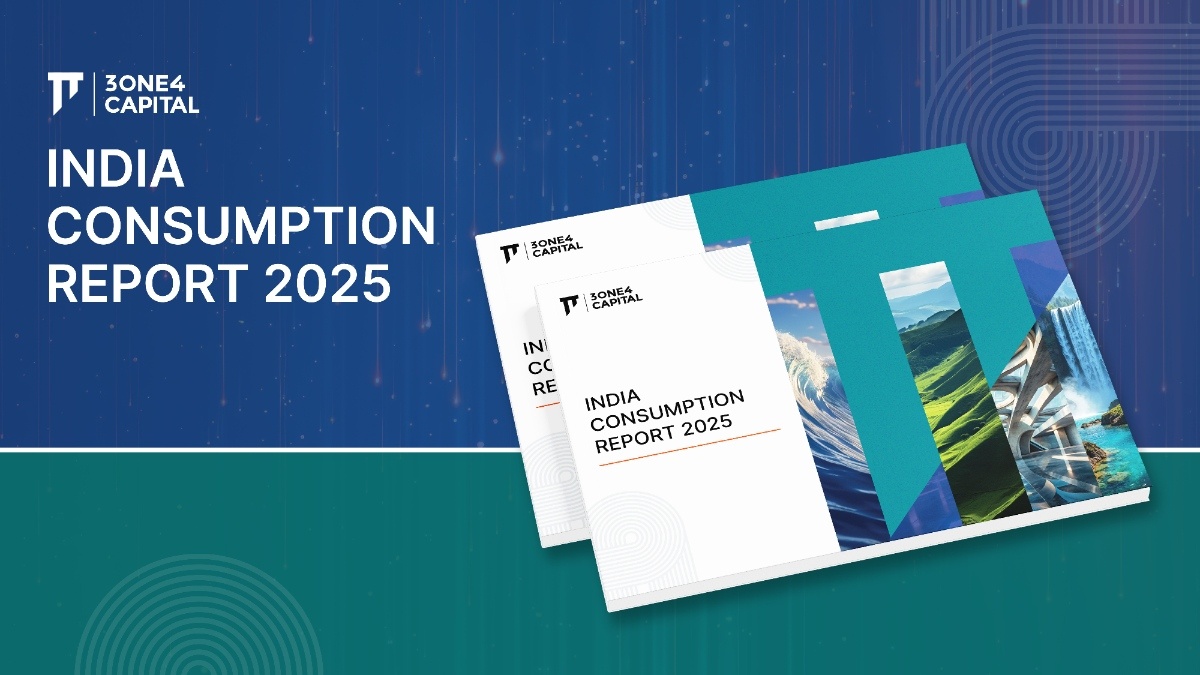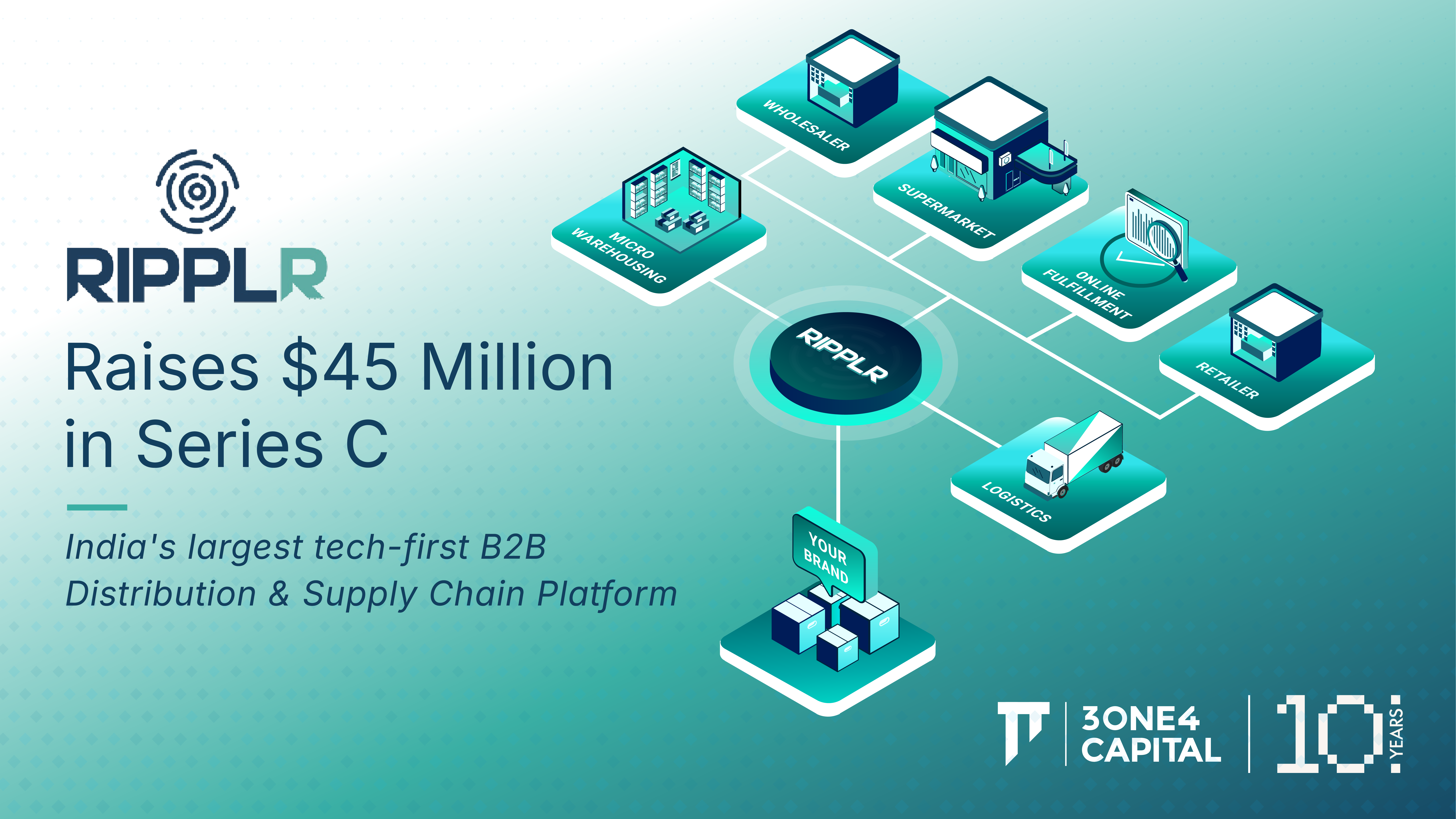
DVR: A difference, not enough change
The acceptance of differential voting rights (DVRs) by SEBI yesterday was supposed to herald this revolution for India’s digital companies. But sadly, the regulatory baggage it is saddled with will hamper the potential of this initiative.
Siddarth Pai
As a financial instrument, shares have two entwined characteristics: one of control and the other of economic benefits. Both these characteristics usually rank parri-passu and any change in one, necessitates a change in the other to maintain that balance. It is the flexibility to cleave these rights that have allowed for unique structures which have unlocked greater shareholder value, the likes of which have never been seen before, like Facebook, Google (now Alphabet), Snapchat and Ali Baba.
The acceptance of differential voting rights (DVRs) by SEBI yesterday was supposed to herald this revolution for India’s digital companies. But sadly, the regulatory baggage it is saddled with will hamper the potential of this initiative.
India has had DVRs since 2000 with 5 listed companies, such as Tata Motors, Pantaloons Retail, Jain Irrigation, etc, opting for this. In all these cases, the shares that had differential (inferior) voting rights always had an extra coupon or an economic inducement to compensate for the lack of control, thus respecting the principle stated previously. But all this changed in 2009, with the case of Anand Pershad Jaiswal and Ors v. Jagatjit Industries Ltd. and Ors, wherein an issue of DVRs caused someone with a 32% economic interest to wield 62% control of the company. With this case, SEBI acted swiftly and sent a letter to all stock exchanges prohibiting the issuing of DVRs, thus ending India’s brief affair with them.
If 2009 saw India shed DVRs, it also saw Facebook embrace it with open arms. The dual-class structure instituted by Facebook in 2009 allowed Mark Zuckerberg, who held 22% of Facebook, to control 57% of the voting rights in the company at the time of IPO. Facebook IPO, in 2012, saw them debut with a peak capitalisation of $104 billion and now has a market cap of $543 billion.
It is important to acknowledge that the reality digital businesses inhabit differs from traditional business or India Inc. Digital businesses and startups chase growth instead of profits initially, and raise multiple rounds of capital to achieve this. As such, the holding of the promoters or founders isn’t the 50–60% that promoters of India Inc held in the olden days-they’re in the low teens or even single digits. The Flipkart promoters held around 8% of the company together at the point of exit. It is this reality which necessitates DVRs to ensure that promoters of tech companies can still direct the company as per their vision. The best blueprint for DVRs in India would be to follow the US model, wherein liquidity of these DVRs is limited and their economic rights are mitigated in favour of the preferential voting rights that they enjoy. The restrictions on the net-worth of the promoter group, the mandatory sunset clause impede the attractiveness of this. We must acknowledge that Indian tech IPOs have lagged the rest of the world. The last blockbuster tech IPO people can recollect is Mindtree, which has seen itself engulfed by L&T in a hostile takeover. Having DVRs without these restrictions might have prevented this from happening. Even Subroto Bagchi acknowledged this on a panel last Friday, when he said that SEBI’s current construct wouldn’t have aided their case.
The protections SEBI proposed, such as a fully independent director-led audit committee and the coat-tail provisions, will ensure minority shareholder protection. SEBI has a stellar track-record in this field. In the ease of doing business rankings, India’s best showing, at number seven in the world, is in protection of minority shareholder and this is due to the efforts of SEBI. But protection should not stifle innovation, and regulations should not regress progress, but buttress it.
Innovation outstrips regulation, but regulation always outsmarts innovation. Between these lies the entrepreneur, like Icarus, who has to rise while keeping in mind not to get too close to the sun and run the risk of getting burnt.
_________________________________________________________________
This article was first published on July 2, 2019 in the Financial Express. Read the original article here.


.webp)












